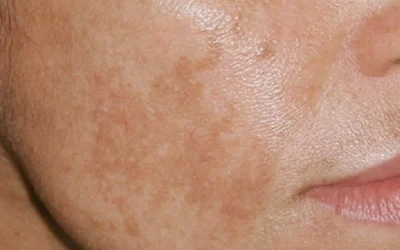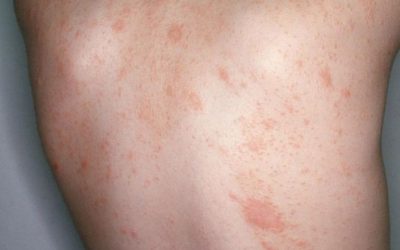Geographic tongue
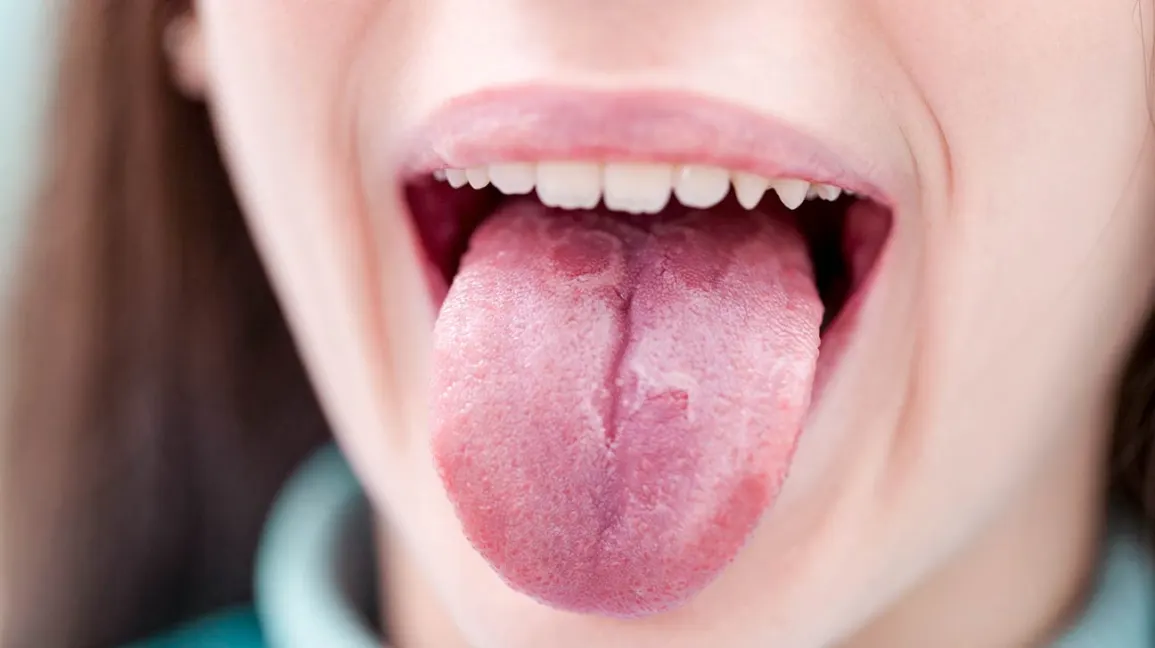
- Characteristic of 1-3% of the population in the world
- Children are rarely affected, and women are twice as often affected as men
- The exact cause of the disease remains unknown, but it has been observed that it occurs significantly more often in patients who suffer from psoriasis or various allergic and immune system diseases
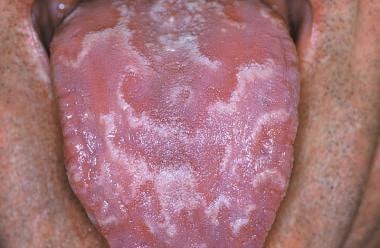
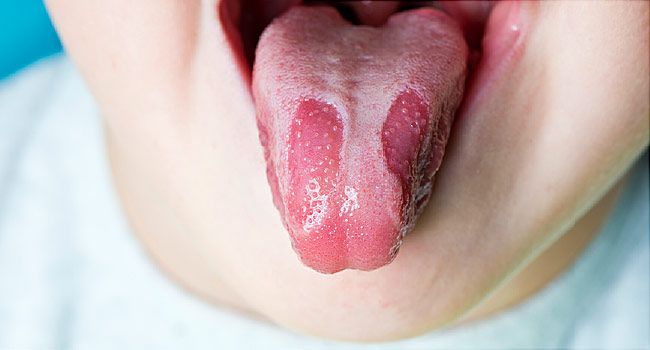
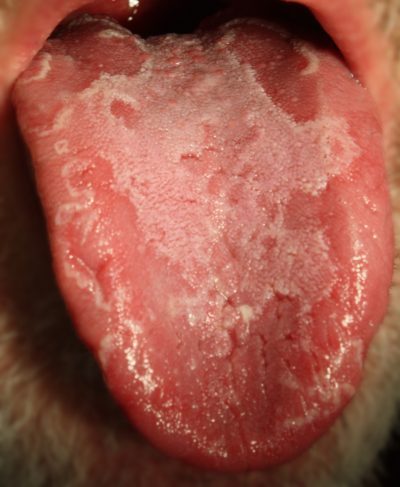
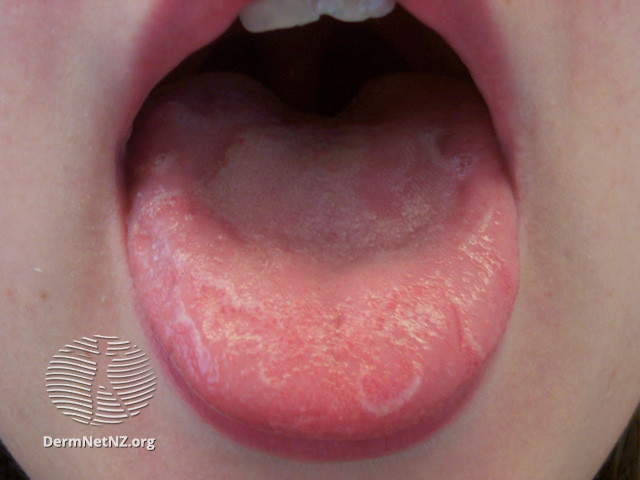
Geographic tongue is characterized by:
- irregularly shaped, red, map-like, smooth or swollen spots surrounded by white lines
- can appear suddenly, persist for months or even longer, and later recur
There are often no other obvious symptoms, except that in some cases there may be burning or irritation sensations, especially when eating spicy, hot or sour foods.
Data from the patient’s interview and examination are usually sufficient to establish the diagnosis. If additional laboratory tests are performed, their results are usually normal.
Treatment
There is no specific treatment for geographic tongue. The main measure to reduce the feeling of discomfort is to avoid hot, spicy, acidic food. During the consultation, the doctor can personally draw up a general treatment plan aimed at reducing specific symptoms that are bothering the patient.
The following can be used for this:
- local anesthetics
- topically applied hormones or other drugs
- antihistamine or anesthetic mouthwashes

Vitiligo – Why Do White Patches Appear on the Skin and How to Treat Them?
Vitiligo is a non-contagious skin condition characterized by white patches due to the loss of pigment. While it does not pose a direct threat to physical health, it can have a significant psychological impact. Learn what causes vitiligo, its symptoms, how it is diagnosed, and which treatment methods are currently available.
Hyperpigmentation: Causes, Types, and Modern Treatment Options
Hyperpigmentation is a common skin condition characterized by dark spots that appear due to sun exposure, hormonal changes, or skin damage. In this article, you will learn about the main types and causes of hyperpigmentation, as well as how to effectively treat it using modern dermatological methods and preventive care.
Pityriasis rosea
An acute, self-limiting, exanthematic skin disease that manifests as itchy, somewhat inflammatory, scaly rashes, usually on the torso, chest, and upper limbs.


